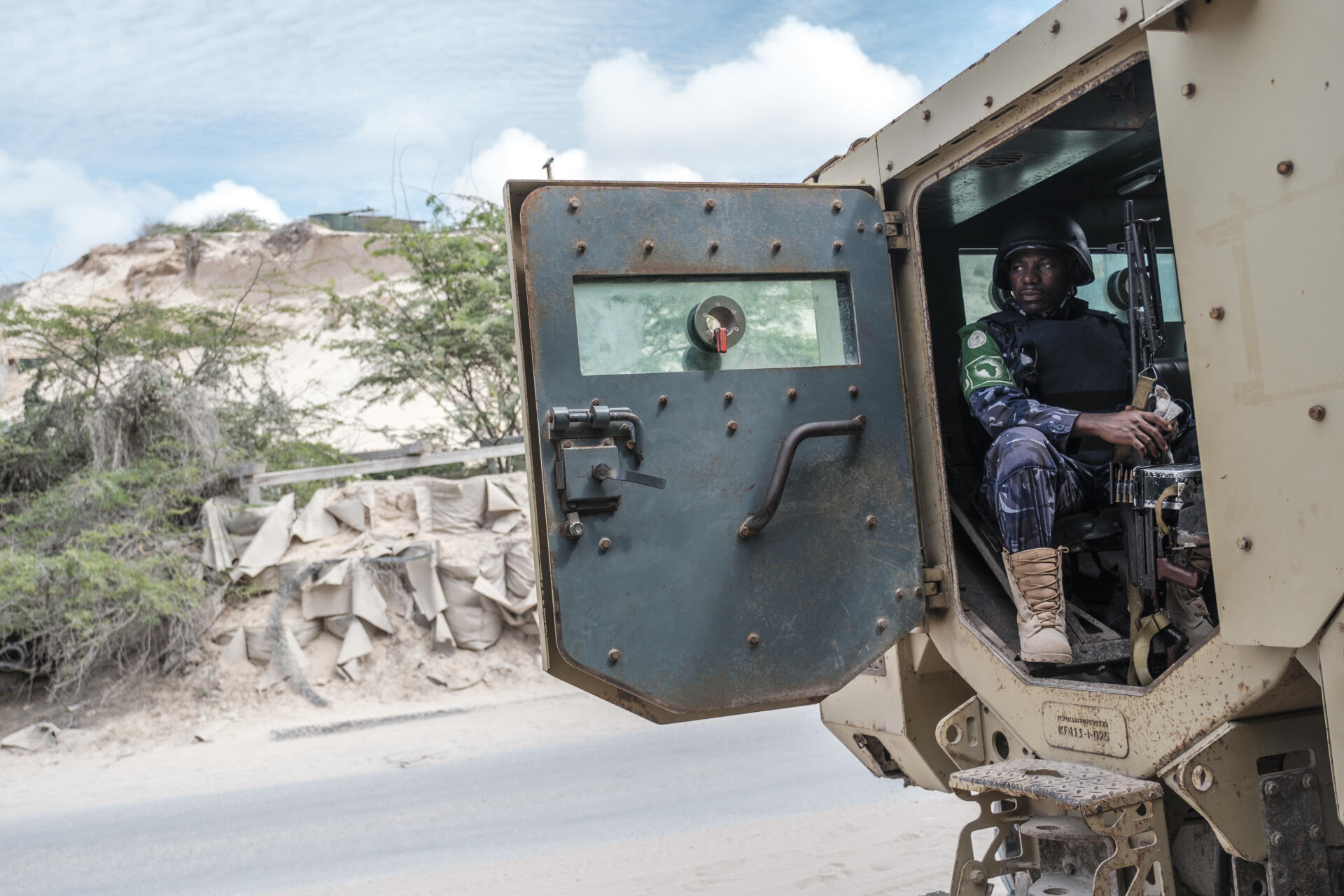The longest-running African peacekeeping mission is preparing to pack up. Arriving in 2007 under the name Amisom before becoming Atmis in 2022, the African Union (AU) force in Somalia must break camp in December 2024. The gradual departure of its 17,500 soldiers follows an initial request from the Somali government in 2022. Request approved by the European Union (EU) and the United Kingdom, which finance its operations and have injected nearly 2, 8 billion euros.
But the withdrawal from Atmis risks creating a security vacuum as the Somali army struggles to consolidate its positions a year after the launch of a large offensive to dislodge the Shabab Islamists from their strongholds. The terrorist group affiliated with Al-Qaeda, which has plagued the country since 2006, still controls half of the territory, in particular the southern states of Jubaland and the South-West. The operation launched by the authorities in 2022, unprecedented in its scale, has certainly allowed Mogadishu to regain a foothold in the states of Galmudug and Hirshabelle (center), but these military successes sparked bloody reprisals from Islamists in the cities, first and foremost in the capital. The United Nations has documented 173 terrorist attacks over the past four months in Somalia.
The slow progress of operations and the resistance put up by the Al-Shabaab, whose number is now estimated at 12,000 by UN experts, have led the Somali government to backpedal on the subject of Atmis. Mogadishu requested the postponement of the withdrawal of a contingent of 3,000 African soldiers. Their departure, initially planned for September, was postponed until December 31, the government citing “serious military setbacks”.
“Amateurism” of the army
One battle, in particular, left its mark. At the end of August, despite their numerical superiority, poorly prepared Somali soldiers were routed by the Islamists in Osweyne, in the center of the country. The debacle led to a total disorganization of the Somali forces, who subsequently abandoned several towns recaptured after months of fighting. The shock was such that it pushed President Hassan Sheikh Mohamoud to leave Mogadishu to personally supervise operations on the front in Galmudug state. “Our initial military objectives have been disrupted”concedes Hussein Sheikh-Ali, national security advisor to the head of state. “Osweyne exposed the flaws and amateurism of the army”deplores a Somali researcher on condition of anonymity, evoking a “national humiliation”.
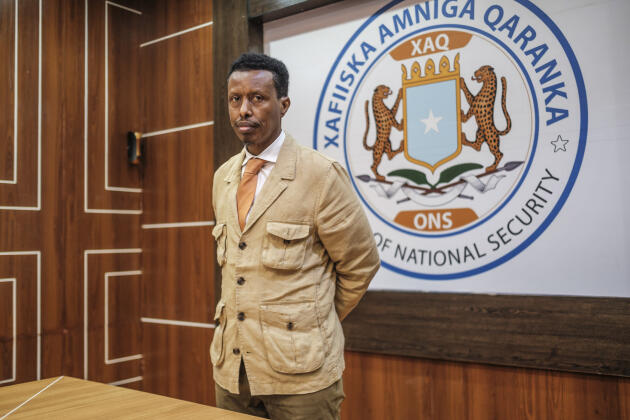
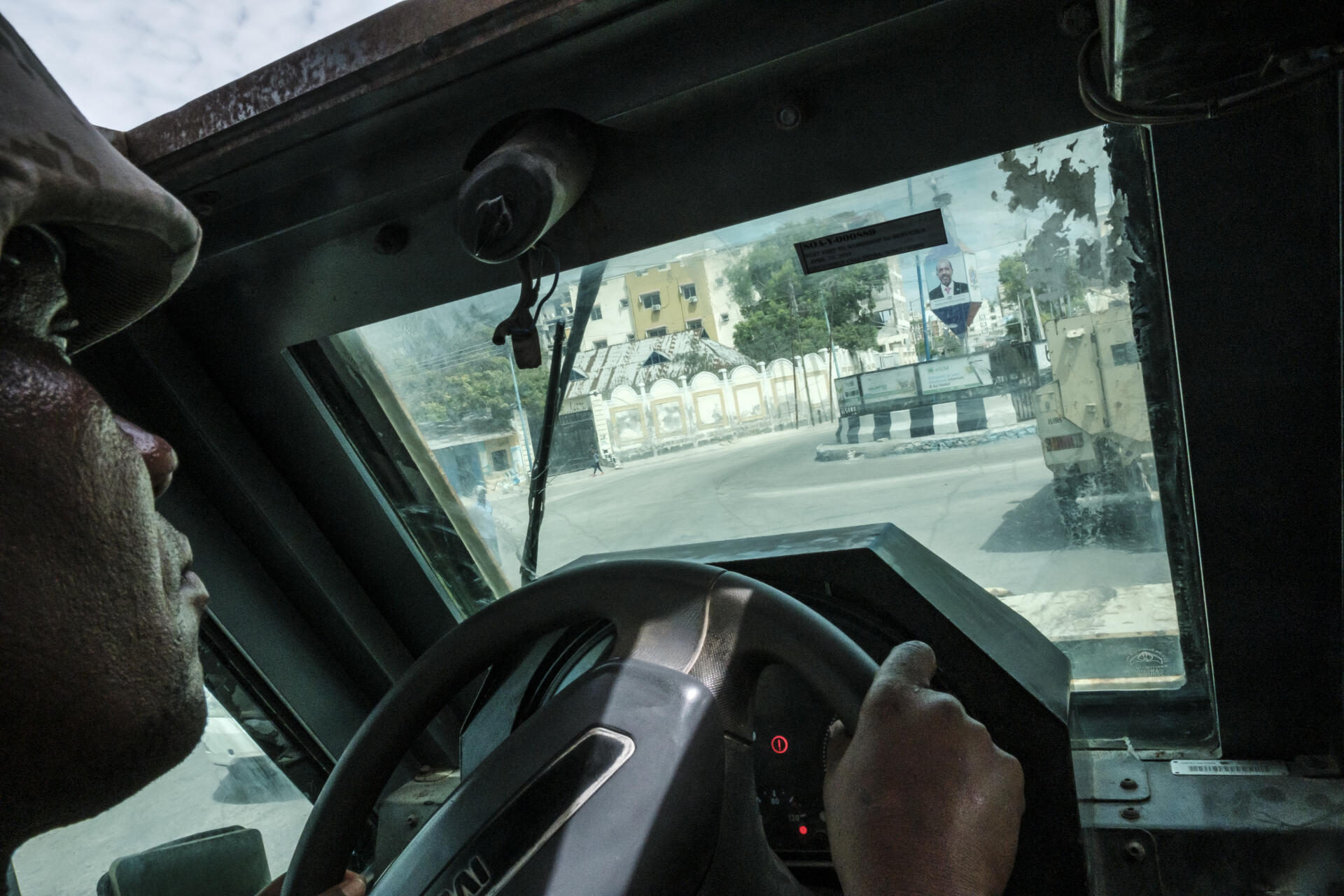
Somalia, rebuilding after repeated civil wars and still subject to an arms embargo, is struggling to structure its armed forces. To the point that several staffs, both Western and African, fear an “Afghan-style” scenario, with a total collapse of the State in the event of the departure of Atmis. “It’s obviously on everyone’s mindsconfirms Omar Mahmood, researcher attached to the International Crisis Group (ICG). And this is one of the reasons why the departure of Atmis does not necessarily mean that there will no longer be an international presence in Somalia, whatever form it takes. » Discussions are underway, particularly at the UN, to imagine the future.
The commander of Atmis, Lieutenant General Sam Okiding, also says he is concerned “by the lack of recruitment and logistical capacities” Somalis. For now, the AU force is supporting the Somali offensive by providing logistical support, artillery and medical care for the wounded. It also ensures the security of infrastructures, airports and administrations.
American and Turkish drones
“The volatility of the military situation makes the departure of African troops in 2024 premature,” estimates Meressa Dessu, analyst at the Institute for Security Studies (ISS), who fears that the few successes recorded by the authorities will be canceled by a withdrawal of Atmis. An observation shared by members of the Somali security apparatus. “It is too early to leave, there are still too many attacks, we are not ready to face them alone,” warns Lieutenant Nurredin Ali from the Wadajir police station in central Mogadishu. In front of the building still lies the charred wreckage of a car used as a vehicle bomb by the Islamists during a suicide attack in September.
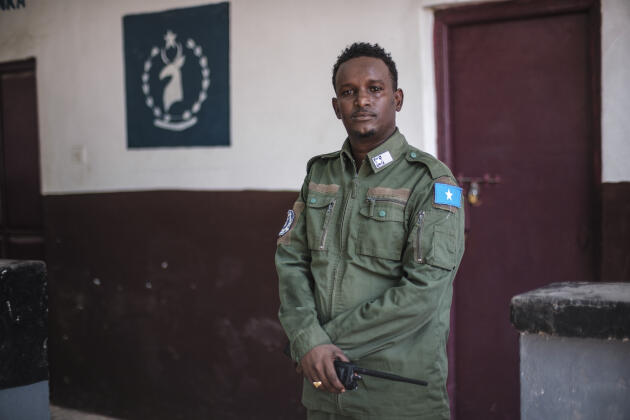
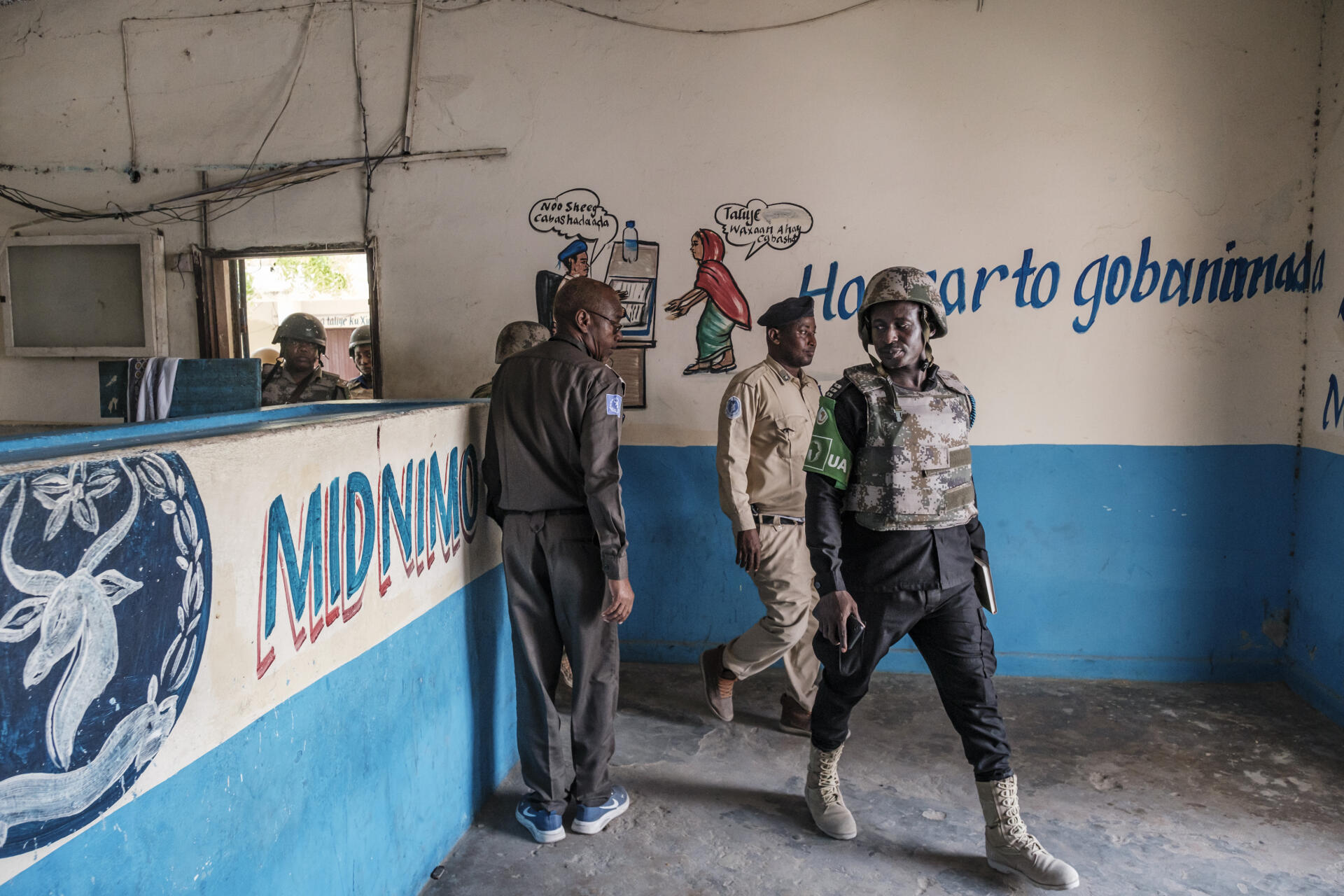
In order to fill the void created by the withdrawal of Atmis, “Somalia could turn to Gulf countries to help finance military operations”, estimates Omar Mahmood, of the ICG. Qatar and the United Arab Emirates exercise growing influence in the country and already finance the training of thousands of Somali infantrymen in Uganda, Egypt and Eritrea. Mogadishu can also count on the training of special forces by the United States and Turkey, as well as the deployment of their respective drones on the battlefield. The lifting of the arms embargo, planned for November, would allow it to modernize its armed forces.
The Somali power may talk about “total war” with a view to the“absolute annihilation” Islamists, observers agree that the eradication of Al-Shabaab is impossible. The Islamists benefit in particular from an imposing financial windfall to fight: the “zakat”the tax that they collect by force, would bring them 100 million euros per year, according to the American Treasury. “It’s never “game over” with themconcedes Hussein Sheikh-Ali, the national security advisor. The objective remains their elimination, but we do not exclude the holding of possible negotiations. » A dialogue that many researchers and diplomats have long promoted to try to find a way out of the Somali impasse.
